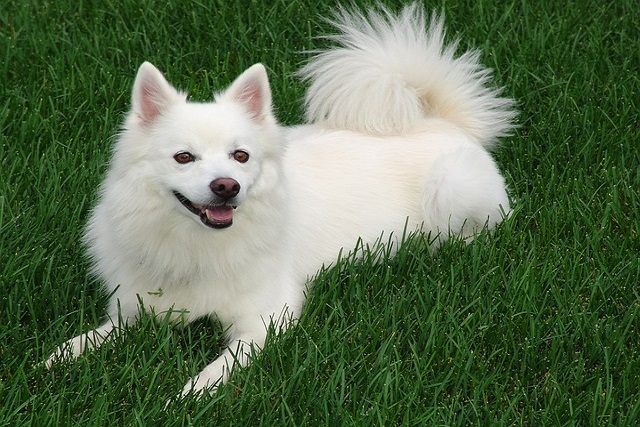
How can I tell if my dog's heatstroke is serious
Let’s be real: It’s a sticky August morning in Los Angeles, and you took your 2-year-old Golden Retriever, Max, for a walk a little later than usual
It’s a rainy Saturday in Seattle, or a sweltering afternoon in a New York City apartment with the AC cranked—either way, your pup is pacing, tail thumping against the couch, clearly bored out of their mind. For new dog owners across the US and Europe, keeping your dog entertained indoors isn’t just about avoiding chewed shoes or scratched carpets—it’s about meeting their physical and mental needs when outdoor time is limited. Whether it’s bad weather, apartment living, or busy workdays, indoor activities keep your furry friend happy and out of trouble.
Dogs thrive on mental and physical stimulation, and boredom can lead to stress or destructive behavior. Their brains are wired to work—hunting, exploring, solving problems—and without that outlet, even the calmest pup might start digging in the couch cushions or barking excessively. Breeds like Border Collies or Poodles, with high energy and intelligence, need extra mental challenges, while older dogs or couch potatoes still benefit from gentle activities to keep their minds sharp. Think of it like how humans get restless stuck inside without a book or a game—your dog needs “tasks” to stay content.
Simple, creative activities make all the difference. Start with a snuffle mat: spread their kibble or small treats across the mat’s fuzzy surface, and watch them nuzzle and dig to find the rewards—this taps into their natural foraging instincts and keeps them busy for 15-20 minutes. A frozen Kong toy stuffed with plain yogurt and a few blueberries works wonders too; licking the cold treat slows them down and provides mental focus. For interactive play, try a game of “find it”: hide their favorite toy under a blanket or behind a chair, then encourage them to “search”—cheer loudly when they find it, turning it into a bonding moment. Short training sessions (5-10 minutes) are great too: practice “sit,” “stay,” or “spin” with tiny treats as rewards—positive reinforcement not only teaches skills but tires their brain more than physical exercise.

Indoor entertainment ties closely to responsible pet ownership norms. Legally, your dog must stay current on core vaccines, including rabies—mandatory in all 50 US states and most EU countries, with fines for lapsed records. Even indoors, keeping up with vet check-ups ensures they’re healthy enough for play. When you do head outside for quick potty breaks, always carry poop bags; cities like Chicago or Berlin fine owners $50+ for leaving waste, even in inclement weather. In apartments, keep noise in mind: avoid loud fetch games during quiet hours (usually 10 PM-7 AM) to respect neighbors, and use puzzle toys instead of squeaky ones if thin walls are a concern.
Culturally, patience and positivity matter most. Never scold your dog for getting restless—boredom isn’t misbehavior. Instead, reward calm engagement with their toys or during training with extra pets or their favorite chew. Remember, indoor time isn’t just about killing hours—it’s a chance to strengthen your bond, one snuffle mat hunt or training session at a time.

Let’s be real: It’s a sticky August morning in Los Angeles, and you took your 2-year-old Golden Retriever, Max, for a walk a little later than usual

You're enjoying a summer afternoon at the park when you notice your dog has stopped panting and appears disoriented - their gums are bright red

Let’s paint the picture: You’re in your Denver apartment, watching your 4-year-old Boston Terrier, Ruby, plop down mid-play session with her favorite toy

Many dog owners notice their pets nails seem shorter after regular walks,but how much does this daily activity actually help?The answer depends on where you walk—concrete sidewalks or asphalt streets gently file nails as a dog's paws hit the ground

Most dog owners notice their pup scooting across the carpet at some point, but few connect it to impacted anal glands. These small sacs near a dog’s rectum secrete a scent for marking territory

Most vets agree that regular dog teeth cleaning is key to avoiding painful dental issues later. For healthy adult dogs, a professional cleaning at the vet’s office every 12 to 18 months usually works well.